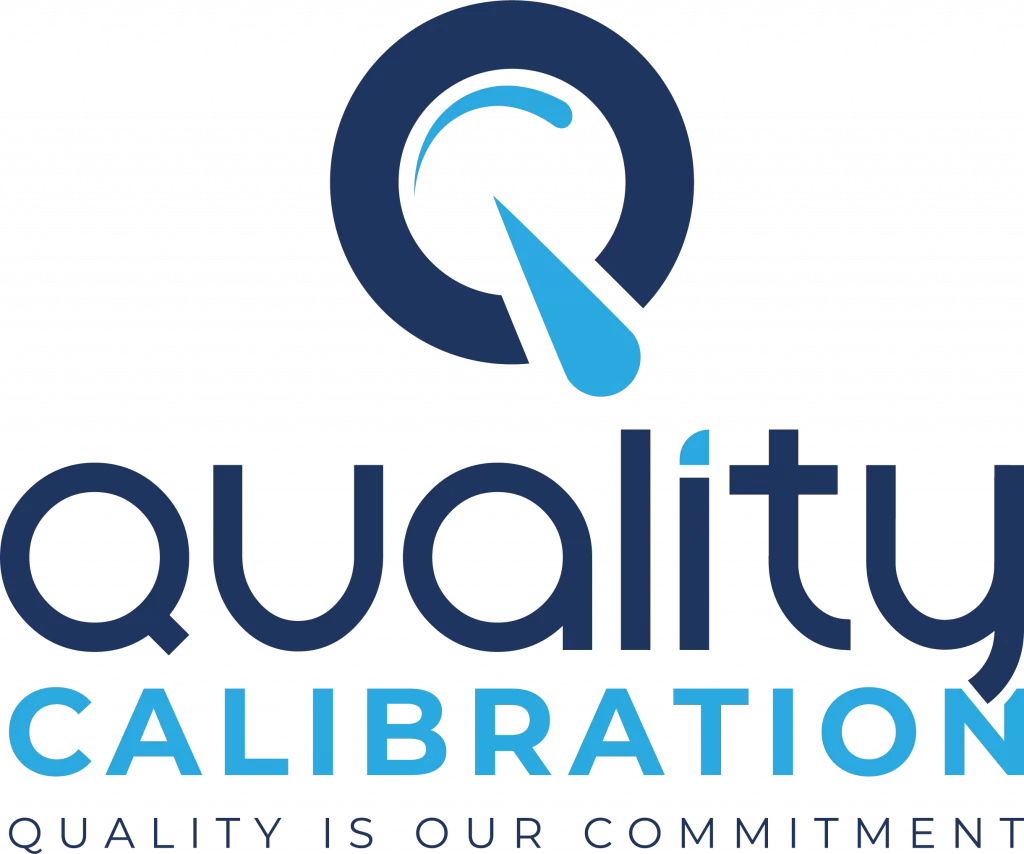In Bangladesh, as in many other countries, medical devices play a crucial role in healthcare, ranging from simple diagnostic tools to advanced imaging equipment and life-saving devices. The accuracy and reliability of medical devices are of paramount importance to ensure patient safety and effective diagnosis and treatment. Calibration certificates serve as essential documentation that validates the accuracy and performance of these medical devices. In this article, we will explore the calibration certificate requirements for medical devices in Bangladesh, highlighting their significance in the healthcare industry.
Understanding Calibration Certificates for Medical Devices
A calibration certificate for a medical device is a formal document that provides detailed information about the calibration process. It confirms that the device’s measurements and readings meet the required accuracy and precision standards. Calibration certificates are typically issued by accredited calibration laboratories and are essential for regulatory compliance, quality assurance, and patient safety.
Importance of Calibration Certificates for Medical Devices
Calibration certificates are crucial for several reasons:
- Patient Safety: Accurate measurements and readings are vital for proper diagnosis and treatment, ensuring patient safety and well-being.
- Regulatory Compliance: In Bangladesh, medical devices are subject to regulations and guidelines. Calibration certificates are necessary to demonstrate compliance with these standards.
- Quality Assurance: Calibration certificates ensure that medical devices function accurately and consistently, contributing to better healthcare outcomes.
- Warranty and Insurance Claims: Some medical device warranties and insurance policies may require valid calibration certificates for coverage validation.
Calibration Certificate Requirements for Medical Devices in Bangladesh
The calibration certificate requirements for medical devices in Bangladesh may vary depending on the type of medical device and its intended use. However, some general certificate requirements apply:
1. Calibration by Accredited Laboratories
To ensure the accuracy and reliability of medical devices, it is imperative that calibration is performed by accredited calibration laboratories. Accreditation signifies that the lab meets stringent quality and competence standards set by recognized accreditation bodies. Accredited labs follow international calibration standards, such as ISO/IEC 17025, and undergo regular assessments to maintain their accreditation status. This ensures that the calibration services provided are of high quality and adhere to best practices.
2. Calibration Frequency
The calibration frequency for medical devices must be established based on several factors. Manufacturers’ recommendations, regulatory guidelines, and the device’s usage are key considerations. Critical medical devices, such as life-supporting equipment, should undergo more frequent calibration to ensure their accuracy remains within acceptable limits. The calibration schedule should be well-documented, and any deviations from the standard frequency should be justified and approved by qualified personnel.
3. Detailed Calibration Records
Comprehensive records of the calibration process are crucial for accountability and compliance. The calibration certificate should include the following information:
- Identification of the Medical Device: Clearly state the device’s make, model, serial number, and any unique identifiers.
- Calibration Date and Expiration Date: Specify the date when calibration was performed and the next calibration due date.
- Calibration Standards Used: List the traceable calibration standards used during the process.
- Calibration Procedures Followed: Provide a detailed description of the calibration procedures performed.
- Pre-Calibration and Post-Calibration Readings: Record the readings taken before and after the calibration process.
- Measurement Uncertainties and Tolerances: Include the measurement uncertainties associated with the calibration results and the tolerances within which the device’s measurements must fall.
- Adjustments or Corrections Made During Calibration: If any adjustments or corrections were made to the device during calibration, document them along with the reasons for the adjustments.
4. Compliance with Standards and Guidelines
The calibration process for medical devices should adhere to relevant national and international standards and guidelines. In the context of medical devices, standards like ISO 13485 (Quality Management Systems for Medical Devices) and ISO/IEC 17025 (General requirements for the competence of testing and calibration laboratories) are of utmost importance. Compliance with these standards ensures that the calibration process is carried out following industry best practices and that the calibration certificates are recognized and accepted by regulatory authorities.
5. Traceability
Traceability is a critical aspect of calibration, particularly for medical devices. Calibration certificates should establish a clear traceability path to recognized national or international measurement standards. This means that the calibration results are linked to standards with a known accuracy and uncertainty level. Traceability ensures that the calibration process is reliable and that the measurements provided by the medical device are accurate and trustworthy.
Bottom Line
Calibration certificates for medical devices are essential documents that validate the accuracy and performance of these critical tools in healthcare. In Bangladesh, compliance with calibration certificate requirements is crucial to ensure patient safety, regulatory compliance, and adherence to quality standards. Medical device manufacturers, healthcare facilities, and regulatory authorities should prioritize obtaining valid calibration certificates from accredited laboratory in Bangladesh to maintain the highest standards of patient care and safety.

Md. Hasan Ibrahim is a Technical Manager at Quality Calibration with extensive experience in the calibration sector since 2015. Holding a Bachelor of Science degree in Mechanical Engineering from Khulna University of Engineering & Technology (KUET), he has received training from various national and international organizations including CSIR-CMERI, QSI, BAB, NML-BSTI, memmert, and X-rite. With expertise in ISO/IEC 17025 assessment, method validation, metrological traceability, and uncertainty, he has successfully completed numerous calibration projects across diverse industries such as pharmaceuticals, food & beverage, oil & gas, textiles & garments, power plants, batteries, chemicals, hospitals & healthcare, and private universities.


